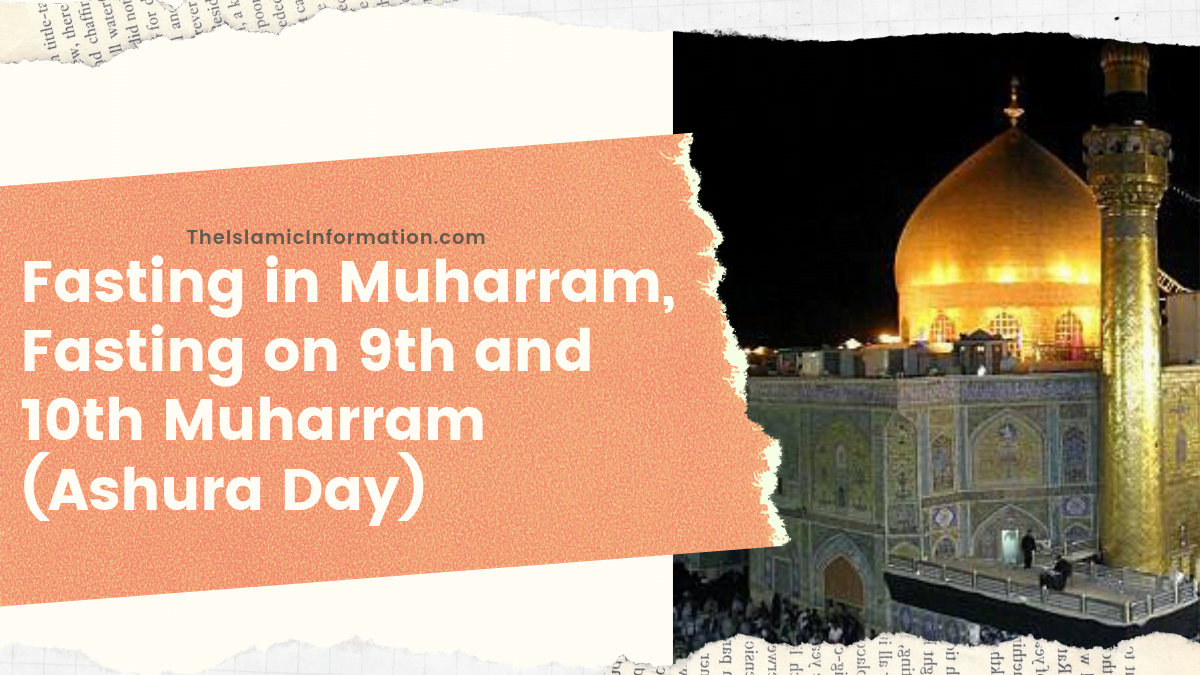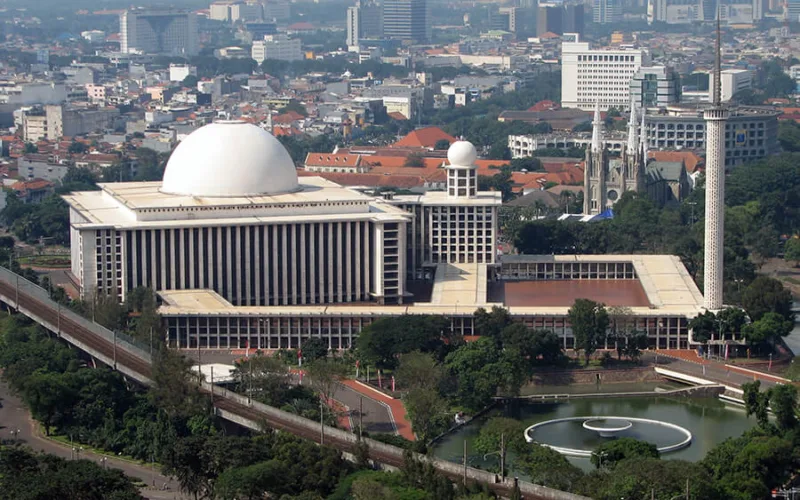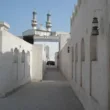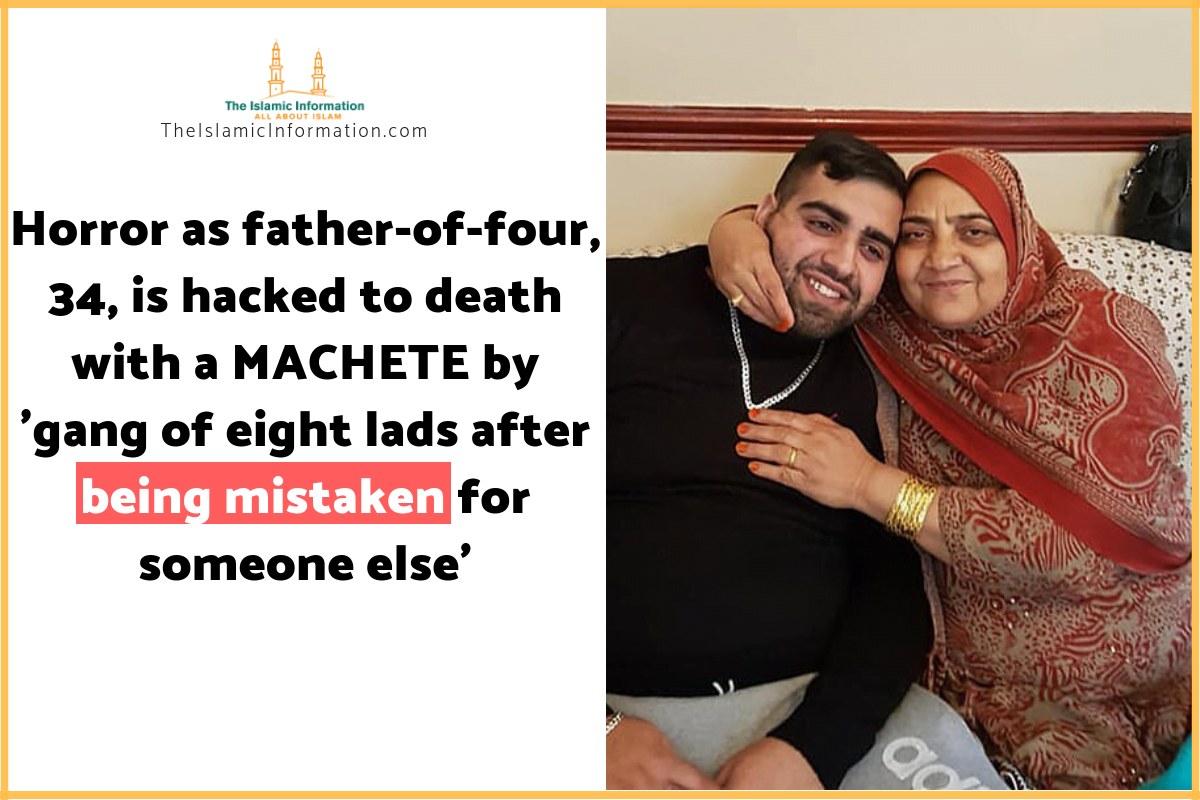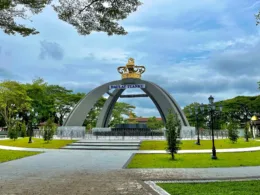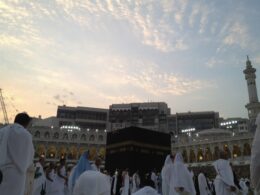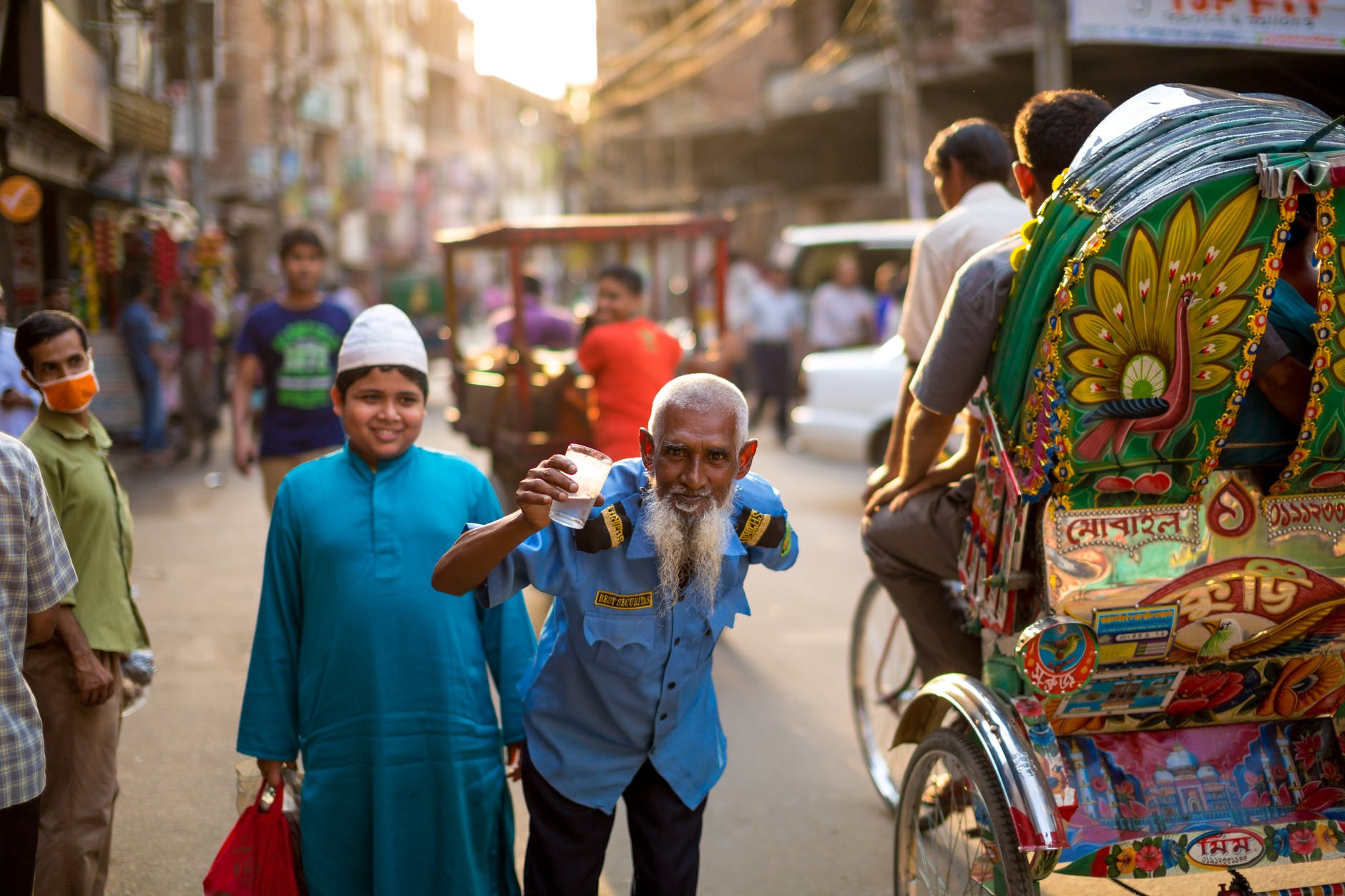As the 87-year-old Pontiff continues to advocate for interfaith peace, his visit comes at a crucial time for Indonesia, a nation facing growing challenges to its reputation for religious tolerance.
Despite recent health struggles and his increasing reliance on a wheelchair, Pope Francis has a demanding schedule for his four-nation tour. His journey will commence in Jakarta on September 3, where he is set to meet with Indonesian President Joko Widodo.
At the Istiqlal Mosque, the Pope will engage with representatives from Indonesia’s six officially recognized religions: Islam, Buddhism, Confucianism, Hinduism, Catholicism, and Protestantism. While the country’s population is predominantly Muslim—87% of its 280 million citizens—Indonesia also hosts one of the largest Christian populations in Asia, with Catholics making up 2.9% of the total.
The Istiqlal Mosque, whose name means “independence” in Arabic, is Southeast Asia’s largest, spanning over 22 acres (9 hectares). It stands as a reminder of Indonesia’s struggle for freedom from nearly 350 years of Dutch colonial rule. Directly across from the mosque is the Roman Catholic neo-Gothic Our Lady of The Assumption Cathedral, symbolizing the peaceful coexistence of religions in the country.
The two places of worship are connected by an underpass known as the “Tunnel of Friendship,” designed as a handshake to symbolize religious harmony. The Pope is expected to pass through this tunnel during his visit.
Grand Imam Nasaruddin Umar of Istiqlal Mosque expressed pride that Pope Francis chose Indonesia as the first stop on his Asian visit. He emphasized that the Pope’s visit will be an opportunity to discuss shared values among religious communities and highlight the commonalities across different religions, ethnicities, and beliefs.
While recognizing the challenges of an increasingly pluralistic society, Umar stressed the importance of unity, saying, “We need to remember that we all live together under God.”
Subscribe to our channels on WhatsApp, Google News, Facebook and Instagram.Discover more from The Islamic Information
Subscribe to get the latest posts sent to your email.




